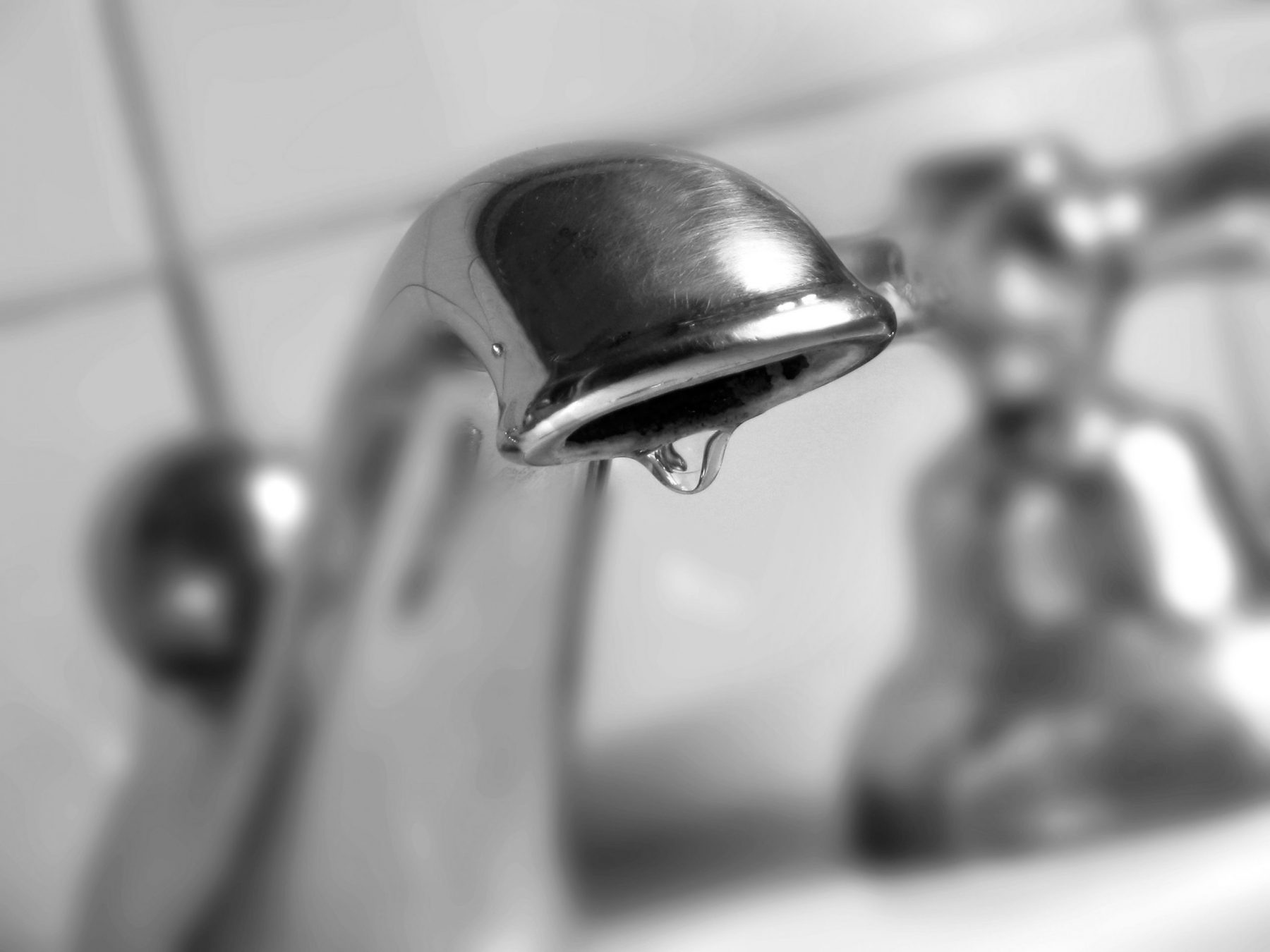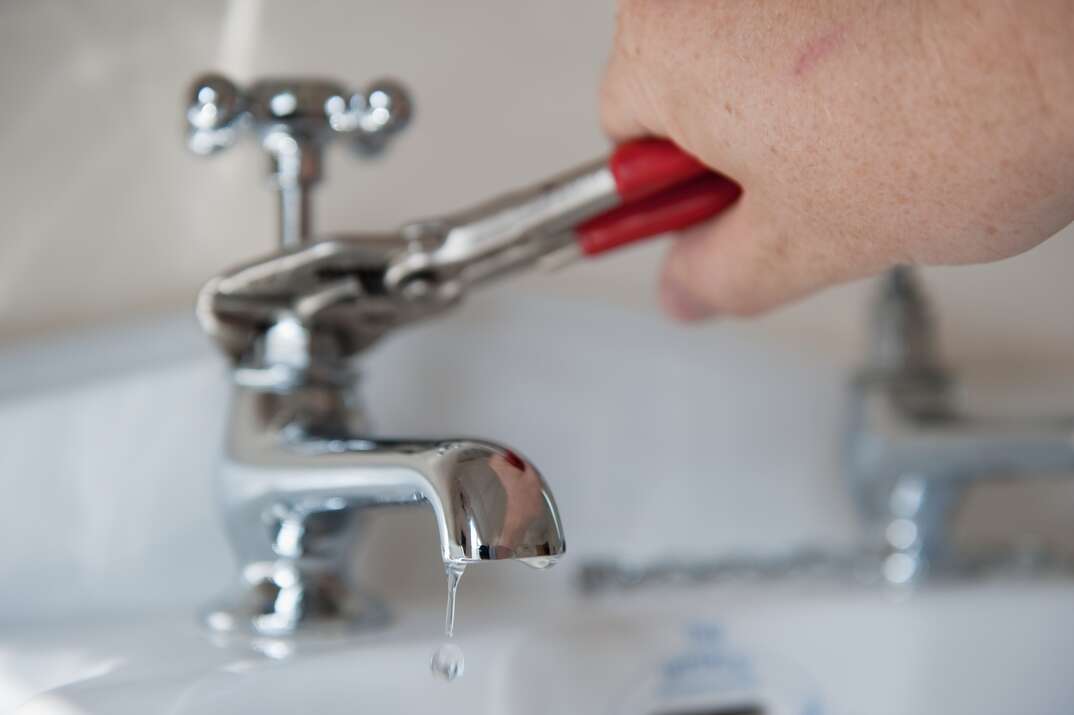Consequences of a Damaged Faucet
Consequences of a Damaged Faucet
Blog Article
Just about everyone has their personal perception with regards to Health Risks Posed by Leaking Faucets.

Intro
A leaking tap might appear like a minor nuisance, however its consequences extend far beyond the periodic drip. Recognizing the impacts of a leaky tap is essential for both property owners and the environment. In this short article, we'll discover the numerous impacts of this usual household issue and why resolving it without delay is necessary.
Causes of Leaky Faucets
Leaking faucets can arise from a variety of aspects, consisting of damage, high water pressure, and deterioration. Gradually, the consistent use taps can result in damaged seals and gaskets, causing leaks to establish. Furthermore, extreme water stress can place stress on plumbing fixtures, bring about leakages. Rust and rust can additionally weaken faucet parts, making them vulnerable to leakage.
Water Wastage
Among the most considerable effects of a leaky faucet is water waste. Also a little drip can add up to gallons of drainage in time. This not just increases water costs yet additionally adds to water scarcity and ecological deterioration. Attending to leaky faucets immediately is critical for preserving this priceless resource and minimizing its effect on the earth.
Financial Effect
In addition to wasting water, dripping faucets can likewise have a substantial economic influence. Enhanced water expenses are a direct repercussion of water waste, setting you back house owners thousands of bucks every year. In addition, the price of fixing water damage triggered by leakages can be considerable, especially if left ignored for a prolonged duration.
Ecological Effect
The environmental impact of dripping faucets expands beyond water wastage. By preserving water, house owners can contribute to wider efforts to reduce water scarcity and shield natural ecosystems. Lasting options such as rainwater harvesting and water-efficient fixtures can better minimize the environmental impact of household water use.
Technological Solutions
Innovations in technology have resulted in the advancement of smart taps and water-saving devices that aid minimize water waste. Smart taps make use of sensing units to detect motion and change water flow appropriately, minimizing waste without compromising convenience. Water-saving devices such as aerators and low-flow showerheads are additionally efficient in preserving water without endangering performance.
International Point of views
While leaky taps may appear like a local concern, they add to broader worldwide obstacles such as water scarcity and environment change. In areas already encountering water stress and anxiety, every decrease counts, making leak avoidance and repair vital. By embracing water-saving practices and buying sustainable innovations, home owners can play their component in dealing with these pushing global issues.
Regulatory Actions
Federal government policies play an important role in reducing the impact of dripping faucets and advertising water conservation. From developing codes that require water-efficient fixtures to water-saving motivations and discounts, policymakers have a range of devices at their disposal. By applying and imposing these regulations, governments can ensure that property owners focus on water preservation in their lives.
Area Impact
Resolving leaking faucets needs collective initiatives at the area level. By raising understanding concerning the value of water conservation and offering resources for leakage detection and fixing, neighborhood authorities can equip home owners to take action. Efforts such as water-saving refund programs and leakage discovery projects can incentivize actions modification and advertise responsible water usage.
Instance Studies
Real-life examples of the effect of leaky taps underscore the importance of aggressive maintenance and timely fixings. From water damages to skyrocketing water bills, the consequences of neglecting leakages can be serious. By sharing these case studies, homeowners can much better recognize the relevance of dealing with leaky taps immediately.
Educational Campaigns
Educational projects play a vital role in increasing awareness about the impacts of leaking taps and promoting water preservation practices. Via workshops, seminars, and on the internet resources, house owners can discover how to identify and repair leakages themselves. By encouraging individuals with expertise and devices, instructional projects can cultivate a culture of accountable water usage within neighborhoods.
Wellness Issues
Dripping faucets can produce conducive atmospheres for mold and mildew and mildew growth, presenting wellness dangers to passengers. The visibility of mold can worsen breathing problems and allergies, especially in susceptible individuals. In addition, water damage arising from leakages can endanger the structural honesty of structures and lead to costly fixings.
DIY vs. Expert Fixing
When confronted with a dripping tap, house owners typically debate whether to try repair services themselves or hire a professional plumber. While DIY repair services can conserve cash, they might not always deal with the underlying issue successfully. Specialist plumbings have the competence and equipment to diagnose and deal with leakages appropriately, ensuring long-term remedies and satisfaction for home owners.
Preventive Measures
Stopping leaking taps requires regular upkeep and aggressive measures. Simple jobs such as changing worn-out washers and seals can avoid leakages from establishing. Furthermore, upgrading to high-quality fixtures and reducing water pressure can help lengthen the life expectancy of taps and lessen the risk of leaks.
Conclusion
Finally, the results of a dripping faucet expand far past the periodic drip. From water waste and enhanced water bills to health and wellness issues and ecological effect, the consequences of neglecting leaks can be significant. By attending to leaky faucets quickly and embracing water-saving techniques, house owners can alleviate these impacts and contribute to a much more sustainable future.
Why Is It Important To Fix Your Leaking Tap/Faucet?
A leaking tap can be a big problem. The constant dripping sound will not give you a restful night’s sleep. No matter what you try to wrap the faucet with, the water will keep dripping. You might feel like you can avoid that noise from your kitchen sink tap just fine because it is not a big deal for you. You can even sleep through that dripping sound from your room’s bathroom tap. Well, this is only a minor problem. Even if this is not a reason for you to get your leaking tap fixed, let us give you a few more reasons that will help you understand why it is important to get your tap leaking issue fixed right away.
Prevent Water Waste and Damage
Most homeowners have no idea about the common causes of a leaky faucet, which can lead to not knowing how to spot a leaking tap or faucet. If left unfixed, a leaky faucet wastes approximately 11356 litres of water each year. It naturally has a negative impact on the environment. Also, it uses up too much of the local water supplies, which can result in water restrictions by the government. A leaking faucet not only wastes water but can also cause water damage where it should not collect. Sometimes, a leaking faucet can be due to leaking pipes, which can lead to damage under the faucet, under the house, inside walls, or even elsewhere.
To Save Water Bills
You might think that a leaky faucet is not really wasting that much water and may not be a big deal. However, you are not just wasting a lot of water every year, you are also wasting even your hard-earned money. In fact, leaks are one of the most common problems of faucets. If left unchecked, you will start noticing your monthly water bill is going up. Then you will realize how expensive a dripping faucet can prove to be.
Every 3.8 litres of water that you use in your house is tallied and included in your water bill. When a leak occurs, you will be charged for the water you do not even use. If you do not want to waste your hard-earned money, then you need to get your leaking tap repaired immediately. It might also be a sign that you need to replace your tap.
Now to fix a leaking faucet, you also need the right tools and expertise. If you try to do it on your own, you will only do it more harm than good. Therefore, instead of taking risks, it will be best to hire a professional plumber to fix your leaking tap.
To Avoid Household and Environmental Damage
There are different reasons why your tap is leaking. If left unchecked, it can cause expensive structural damage to your home. It can also cause damage to your floors, walls, and the foundation of your home. If you are still not paying attention, other simple leaks could damage your home in some way, and you will find it hard to live there.
Not only can a leak cause damage to your home, but it can also even damage the environment. The leaks that occur in normal households can add up to around 37,854 litres of water wasted each year. Using this wastage of water, 270 loads of laundry can be done. Can you now imagine how much water is being wasted and how huge an effect on the environment it is causing?
Conclusion
It is important to fix your leaking tap because if it is ignored, there can be damage and negative impacts like mold and mildew on the bathroom wall or even under the sink. It can also cause structural damage to your home and waste a lot of water that can increase your month’s water bill. Who would want that extra expense? Therefore, it is important that you hire a professional plumber to assist in fixing the leaking tap or faucet as they will have the skills and tools to fix it properly and efficiently.
https://tapfaucetcity.com/articles/why-is-it-important-to-fix-your-leaking-tap-faucet/

We hope you enjoyed our article about Potential Health Risks Associated With Leaky Faucets. Many thanks for taking the time to browse our blog. Do you know about another individual who is in to the niche? Take a moment to share it. Thank you for your time invested reading it.
Report this page